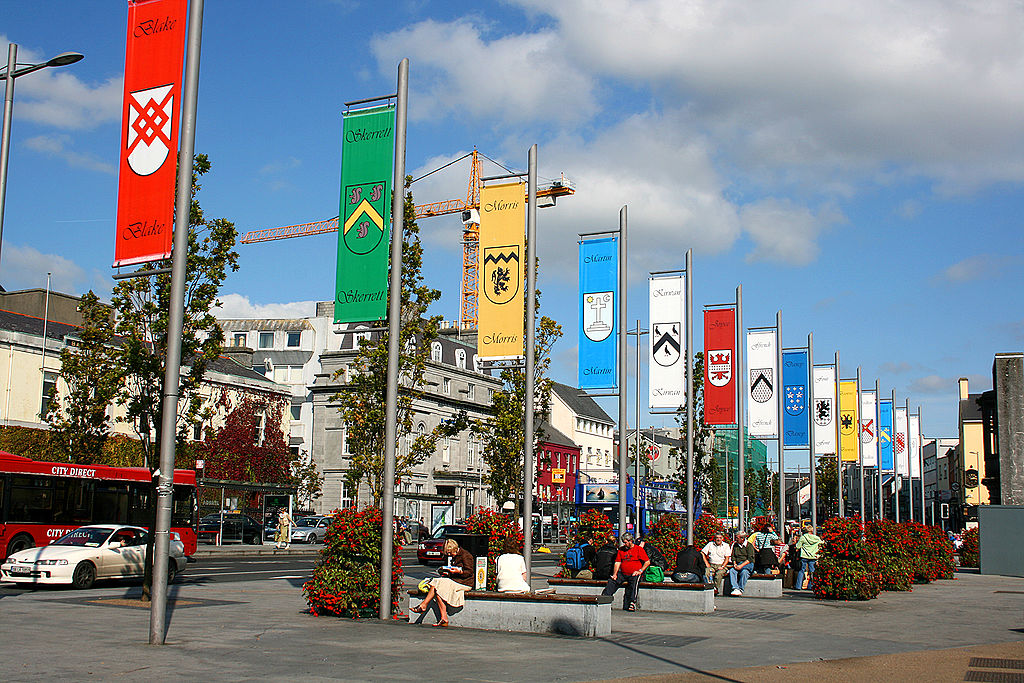On January 31, 2019, CNU Utah invited four people to present at one of the Chapter’s UrbanTHINK events on the topic, “The Future of New Urbanism.” Each person took a very different approach to the topic. Over several weeks, we are posting about their remarks in hopes of inspiring further thought and discussion of where New Urbanism is headed. This third installment in the series reports on the presentation by Christie Oostema-Brown, owner of People + Place, a Salt Lake City consulting firm. Formerly Planning Director with Envision Utah, Christie also chaired the program committee for CNU21 in Salt Lake City. Christie focused her January 31 remarks on issues of loneliness and tribalism – on how we can make better communities through better housing opportunities for everyone.
She began by observing that nationally, our time’s emphasis on individualism and autonomy has rendered us lonely. We are in an epidemic of loneliness. We find ourselves lacking in effective opportunities for people to interact, whether one-on-one or outside their own tribe – or we go so far as to buy our way out of needing to interact by moving to the exurbs/suburbs. Often as urbanists, we may stay in the city, but still tend to seek urban environments made up of other people just like us. With this comes an unhealthy hostility toward or fear of the “other.” The Atlantic Magazine has noted that the more connected we are online, the lonelier we become and that a connection is not the same as a bond.
Christie went on to say that solutions to this loneliness epidemic lie in making places which encourage interaction & hospitality. She referred to the Old Testament idea of hospitality, of creating an intentional space where a guest is welcome. “A stranger becomes a friend instead of an other.”
We – and CNU in particular -- need to focus better on community for all – deep community for all. She issued a call to continue to work for places which have the physical bones needed to support neighborliness and face-to-face interaction. CNU has done a tremendous job so far in shedding light on the need for housing for the missing-middle income brackets, e.g., 60%-120% of area median. This involves coding for a broader range of housing types. But simply building forms of housing which are sociable is not sufficient, as long as the really destitute cannot afford it. We need to go deeper into those aspects of the Charter of the New Urbanism which are most difficult, e.g., housing for those whose incomes are still much lower. Low-income housing, not just missing-middle housing, may need to be the next big push for Urbanists. Eviction is often a looming threat for many households at the bottom level, threatening the stability of both individual households and whole communities. CNU could help to put affordable housing at the top of the national agenda – “Housing for all” – not just for people exactly like us.
Christie argued that the market on its own cannot address this housing need; unlike missing-middle housing, we can’t build our way out of this challenge. Federal solutions (Section 8 vouchers, mortgage deductions on taxes) help, but don’t go far enough. Two-thirds of poor families receive no Federal housing assistance. CNU could take a leading role for developing and employing other new strategies, in the spirit of providing community for all, with housing options distributed throughout all neighborhoods. She concluded by calling for greater advocacy in CNU for universal housing, noting that America’s present tax benefit for homeowners is an example of how we are offering housing help to upper-income groups – and it currently far outpaces what we spend on housing help to lower incomes. CNU has always focused on people and making their lives better through better communities. The future of good urbanism lies in maintaining that focus for everyone.


